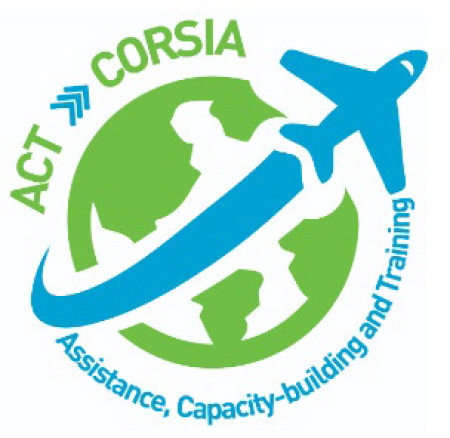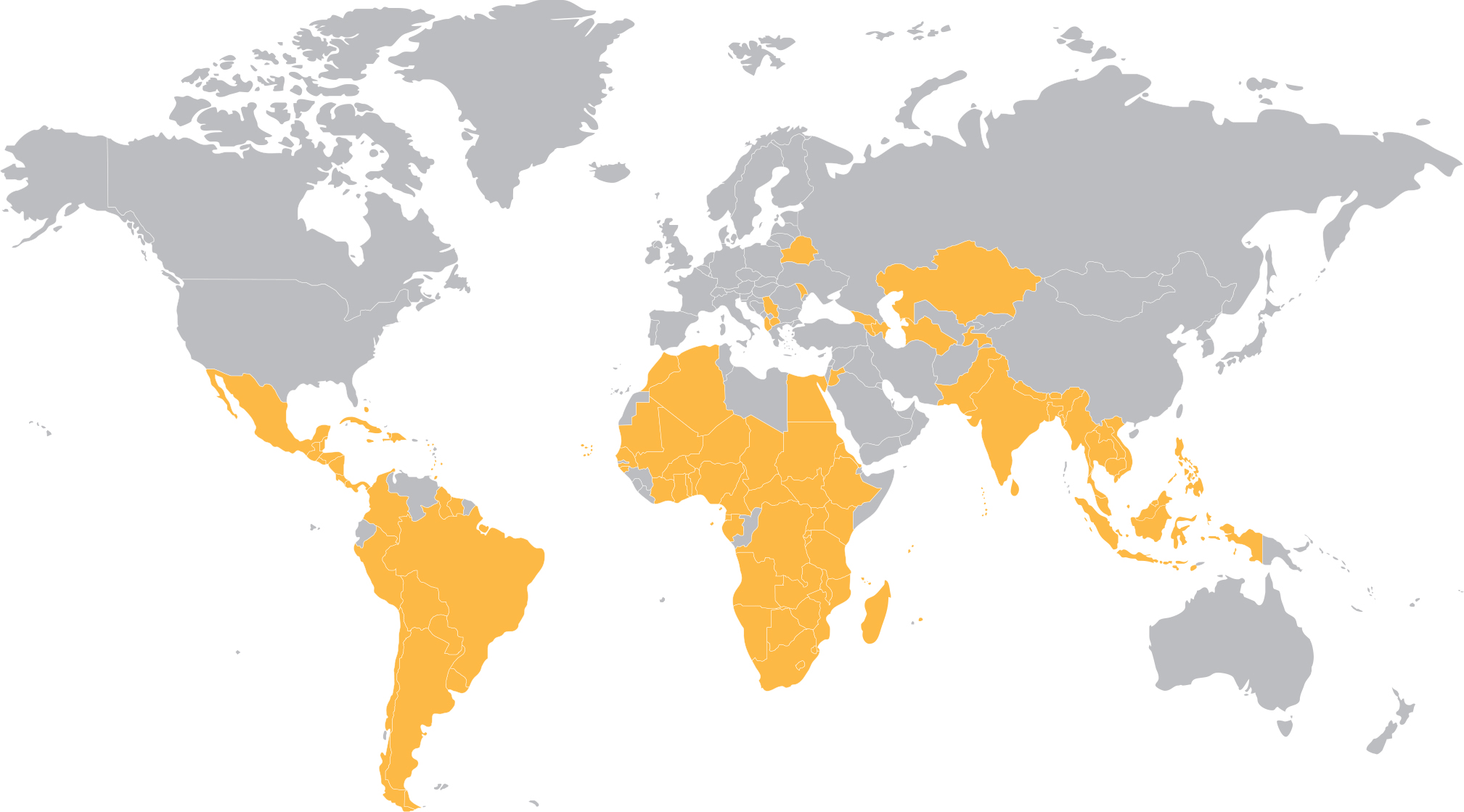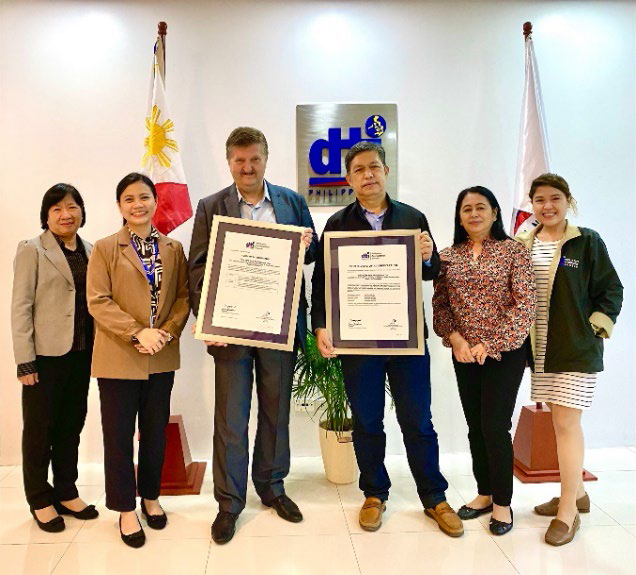 The initiatives of European entities, either through the ICAO ACT-CORSIA programme or through dedicated technical cooperation projects, have contributed to the increasing numbers of States volunteering to take part in CORSIA during the Pilot Phase (2021-2023) and First Phase (2024-2026) by facilitating the implementation As described in detail within Chapter 7 on Market-Based Measures, CORSIA has now entered the First Phase (2024- 2026) where, after the recovery of air traffic following the COVID-19 pandemic, the scheme is likely to lead to offsetting obligations for aeroplane operators flying between two volunteering States. CORSIA offers two ways to perform the offsetting, either by purchasing and cancelling CORSIA Emission Units (CEU) or by using CORSIA Eligible Fuels (CEF). In both cases, specific criteria and rules apply to CEU or to CEF production in order to deem them as eligible offsets. While CEU and CEF can be purchased worldwide, States are looking to benefit from the environmental and economic benefits of CORSIA by providing CEU and CEF on a domestic basis.
The initiatives of European entities, either through the ICAO ACT-CORSIA programme or through dedicated technical cooperation projects, have contributed to the increasing numbers of States volunteering to take part in CORSIA during the Pilot Phase (2021-2023) and First Phase (2024-2026) by facilitating the implementation As described in detail within Chapter 7 on Market-Based Measures, CORSIA has now entered the First Phase (2024- 2026) where, after the recovery of air traffic following the COVID-19 pandemic, the scheme is likely to lead to offsetting obligations for aeroplane operators flying between two volunteering States. CORSIA offers two ways to perform the offsetting, either by purchasing and cancelling CORSIA Emission Units (CEU) or by using CORSIA Eligible Fuels (CEF). In both cases, specific criteria and rules apply to CEU or to CEF production in order to deem them as eligible offsets. While CEU and CEF can be purchased worldwide, States are looking to benefit from the environmental and economic benefits of CORSIA by providing CEU and CEF on a domestic basis.
Increasing commitments of States under the Paris Agreement through their National Determined Contributions (NDC) may result in greater competition for the use of CEU within international markets. As such, technical cooperation is also playing an important role to facilitate the understanding of the complementarity of CORSIA with other carbon markets, enabling positive synergies to maximise their intended goals and avoiding potential double-counting of emissions and emission cancellations.
The cooperation between European entities and Partner States in the period 2025-2027 is expected to focus on the sound implementation of the offsetting mechanisms under CORSIA (
) and facilitating an increase in the availability of carbon projects providing CEU.
Mr Jame E. Empeno
Director, Philippines Accreditation Bureau
 “The Philippine Accreditation Board (PAB) has worked hand in hand with EASA and with the Thai Industrial Standards Institute (TISI) to develop and implement the CORSIA Accreditation Process. The combination of expertise between the three parties, sponsored by the EU-SEA CCCA CORSIA Project, has provided the necessary conditions for us to embark into this new area as an organisation, and to achieve the first accreditation of a Verification Body in the Philippines. This collaboration between PAB, EASA and TISI is an excellent example of sharing expertise and resources, thus enabling the growth of the accreditation and verification capabilities in ASEAN, which is a key area to ensure the sound and economical implementation of CORSIA within our region.”
“The Philippine Accreditation Board (PAB) has worked hand in hand with EASA and with the Thai Industrial Standards Institute (TISI) to develop and implement the CORSIA Accreditation Process. The combination of expertise between the three parties, sponsored by the EU-SEA CCCA CORSIA Project, has provided the necessary conditions for us to embark into this new area as an organisation, and to achieve the first accreditation of a Verification Body in the Philippines. This collaboration between PAB, EASA and TISI is an excellent example of sharing expertise and resources, thus enabling the growth of the accreditation and verification capabilities in ASEAN, which is a key area to ensure the sound and economical implementation of CORSIA within our region.”
